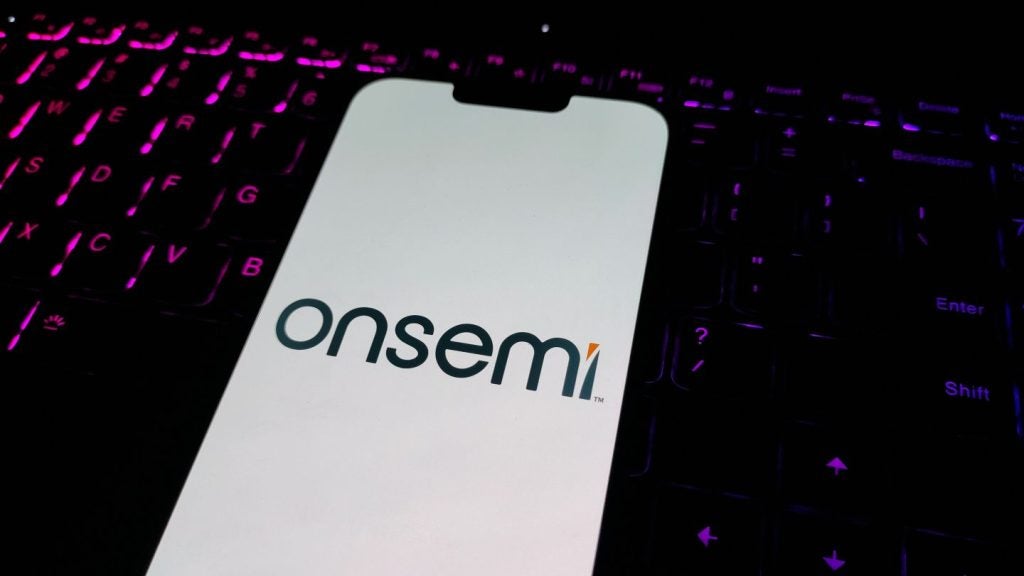The screen time notification can awaken in us a sense of dread.
The grisly commute of a Monday is punctured by a weekly reminder of just how much time we spent staring at our phone the past seven days, emptying our souls into the cruel abyss of technology.
As the notification disappears, we are left to gaze hopelessly at our bleary-eyed reflection in the dark mirrors of our phones, the very picture of a slave to the screen, and the ultimate moment of self-loathing.
Yet the definition of screen time appears to go unquestioned. It is easy, at face value, to understand, hence its compelling nature. Yet simultaneously it is broad and vague. The term encompasses a vast array of digital activities that are integral to our daily lives, including using our calculator and calendar, replying to emails, taking photos, checking the time, accessing our wallet, or messaging friends.
It would be nonsensical, in a time before smartphones, to use a stopwatch to tot up our time using our Filofax, going through our in-tray, using a camera or our watch, or having a conversation with a friend. We are quite ensnared by the simplicity of the idea to which we can attach a number and ascertain our moral value.
Our misguided use of language
There is often discussion on the effect of screen time on mental health, suggesting an implicit correlation between these two things. Yet screen time as a concept eliminates context, and the language of screen time has developed in an increasingly damning way.
We may speak of shows we ‘binged’ or games that we played being ‘addictive’. What we mean by this is that we really enjoyed it. Yet this language has clinical, negative connotations, therefore bleeding into our understanding of our relationship with screens, and how we use social media, streaming platforms, gaming platforms and the rest.
The sentiment emerges that screen time, in all contexts, is simply bad for us. This leaves us with abstinence-based solutions that often fail to work and can indeed do more harm than good.
Whether high screen time is healthy or not is perhaps the incorrect question to be debating. Rather, we should switch our focus to what types of screen time are healthy for us as individuals.
Social media
It is usually social media that takes the blame for a negative association with screen time. Yet the concept of ‘social media’ is equally as broad and ever-encompassing as ‘screen time’ itself. It is used in many ways, whether in a global sense by looking at what celebrities or unknown people are doing, in a local sense by communicating with people you already know, or even just the consumption of content without engaging with anyone. All of these use types can be beneficial to an individual in promoting a sense of connectedness.
To paint social media use with a negative brush is to do it a disservice. Fundamentally we are social animals, and, at its core, using social media is a connecting experience. It equally brings us a huge amount of power in being able to have our voices heard by vast audiences on websites like X (formerly Twitter). Indeed, a connection may not always be positive, yet in an equal manner, it is not always negative.
For example, to abate feelings of loneliness by messaging friends or sharing content with them on social media is not to damage one’s mental health. In this instance, a social media ‘detox’ may actually not acquire the desired solution of helping our mental state by stripping back on screen time.
The screen time mindset
We should aim to recognise how certain interactions with our phones, or with social media, make us feel, or even in which situations we check our phones. Reaching for the screen is a habit, but we must question what sparks these urges.
Subsequently, then, we can reflect on how we can create a positive relationship with our screen time, curating something that does not condemn the frequency of use, but rather focuses on the manner of use, and not simply how this affects us negatively, but positively too.
We should not automatically celebrate low screen time, especially in a world that relies so heavily on our smartphones. Instead, we must uphold healthy habits in relation to our phones and consider how the inevitable use of screens can help our wellbeing. Ultimately, it is not the content on the screen that affects us negatively, but rather the guilt-tripping idea that any and all screen time is bad.








